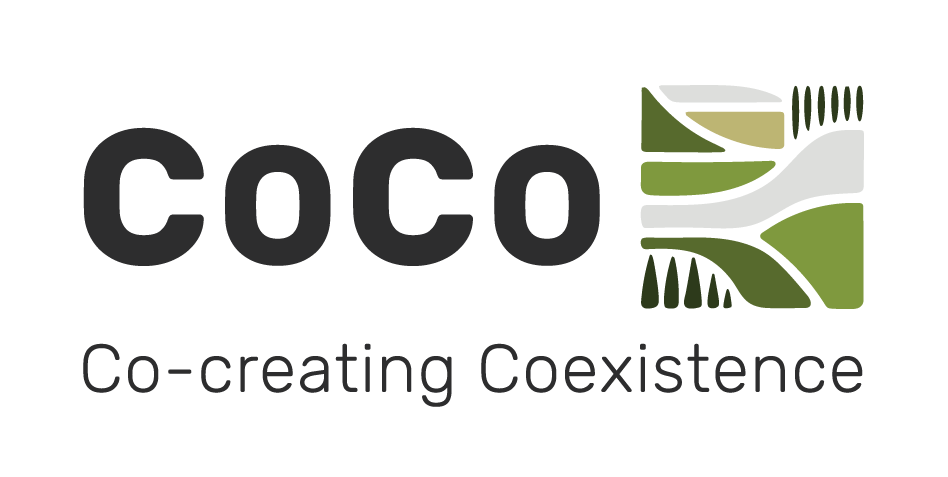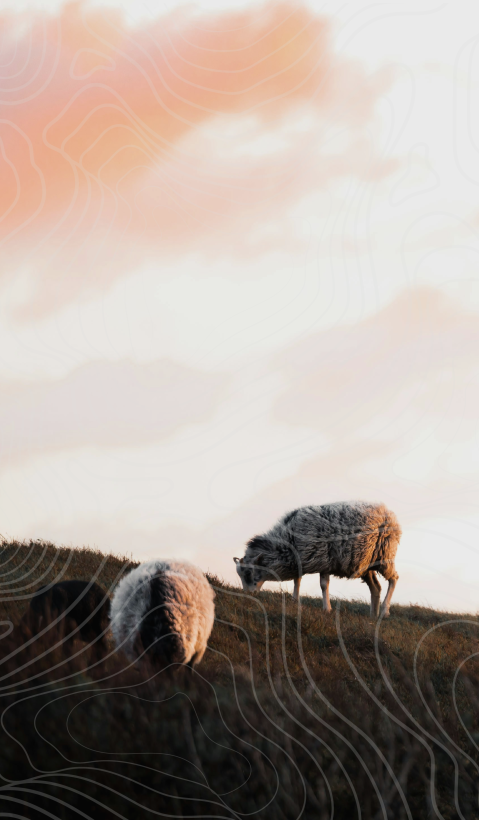
Ce este co-crearea?
Crearea în comun a cunoștințelor este un proces de colaborare în cadrul căruia părțile interesate, practicienii și cercetătorii colaborează pentru a genera, a partaja și a aplica cunoștințe. Mai degrabă decât cunoașterea produsă de un singur grup și apoi transferată altora, co-crearea pune accentul pe colaborare, învățare reciprocă și combinarea diferitelor perspective, experiențe și tipuri de expertiză. Includerea vocilor locale în acest proces nu numai că asigură adaptarea soluțiilor la condițiile locale unice, ci creează, de asemenea, un sentiment de asumare comună a responsabilității, care motivează participanții să utilizeze aceste soluții chiar și dincolo de intervalul de timp al proiectului. Această abordare este deosebit de valoroasă în abordarea provocărilor complexe, cum ar fi conflictele dintre om și viața sălbatică, în care trebuie reconciliate interese și perspective multiple.
Proiectul CoCo recunoaște că soluțiile durabile la conflictele pastoral-viață sălbatică trebuie să fie înrădăcinate atât în cercetarea științifică, cât și în experiențele trăite ale celor direct afectați, inclusiv păstori, vânători și proprietari de terenuri. Fiecare grup aduce perspective și perspective valoroase care sunt esențiale pentru dezvoltarea unor soluții eficiente și durabile. Dincolo de supravegherea părților interesate, CoCo practică crearea în comun prin implicarea organizațiilor părților interesate în calitate de parteneri de proiect și subcontractanți, asigurându-se că opiniile acestora sunt reprezentate în procesele decizionale. Dialogul continuu are loc prin intermediul forumurilor de consultare, iar comunicarea activă asigură integrarea diverselor cunoștințe și experiențe în toate procesele de cercetare.
Consiliul consultativ
CoCo a înființat un consiliu consultativ dedicat pentru a ghida direcția proiectului ca parte a procesului de co-creare. Comitetul este alcătuit din membri ai Platformei UE privind coexistența dintre oameni și carnivorele mari și din alte părți interesate relevante și experți științifici. Consiliul de administrație este consolidat prin conexiuni cu platforme regionale din domenii-cheie de studiu, cum ar fi România și Suedia, care au o prezență pastorală puternică și se suprapun cu domeniile de studiu de caz ale CoCo. Comitetul oferă feedback structurat și interacțiune cu privire la diverse activități ale proiectului, inclusiv analize de delimitare a domeniului de aplicare, modele de sondaje și elaborarea de recomandări de politică.
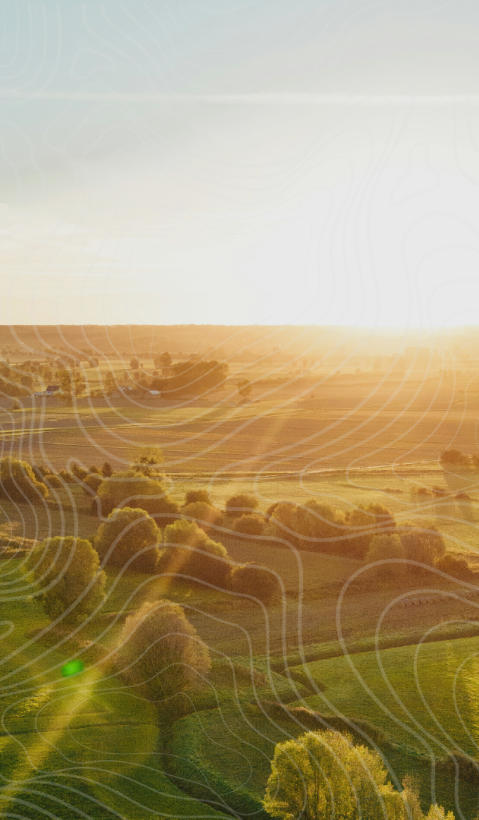
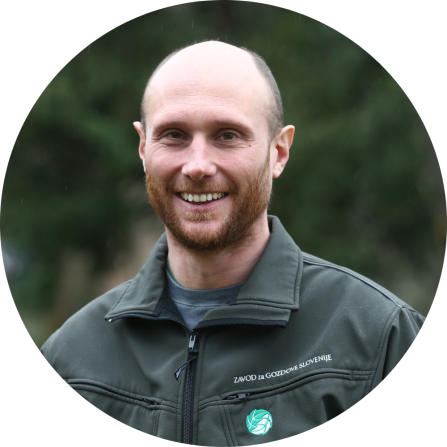
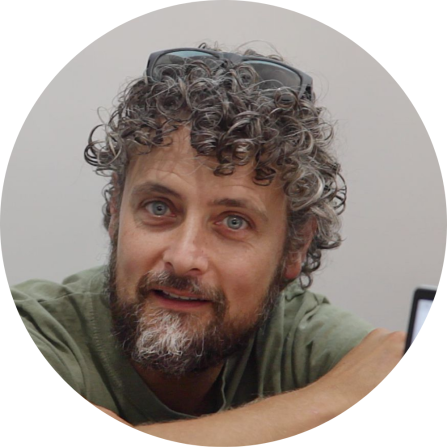

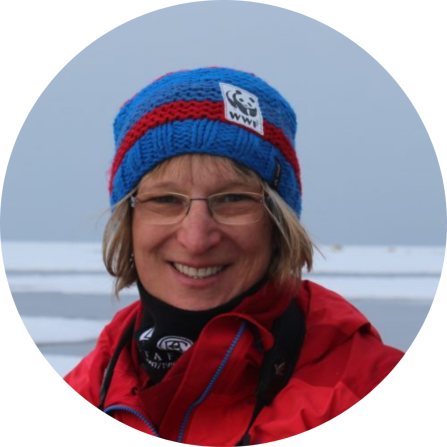
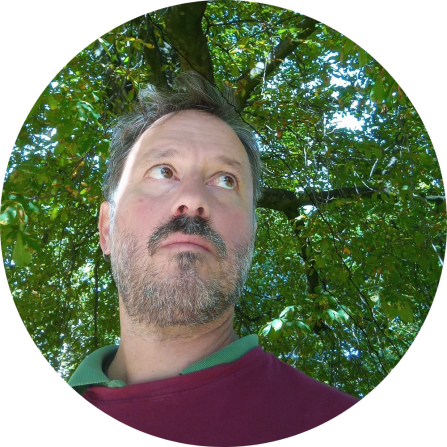
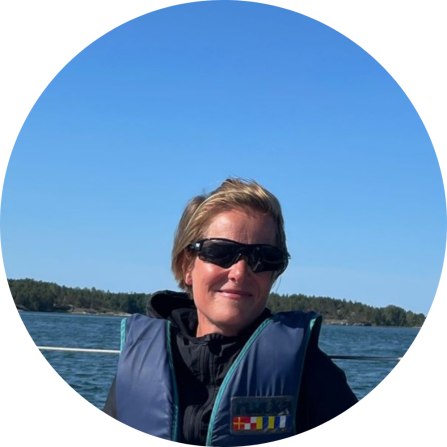
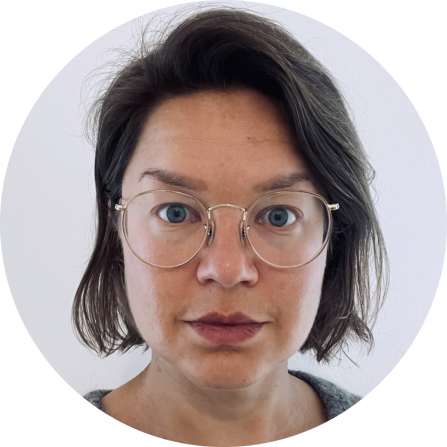

Jenny Wik Karlsson
(Păstorii de reni suedezi)
María Turiño
(Entretantos / Plataforma por la Ganadería Extensiva y el Pastoralismo) (în limba engleză)

Finanțat de Uniunea Europeană. Cu toate acestea, opiniile exprimate aparțin exclusiv autorului (autorilor) și nu reflectă neapărat opiniile Uniunii Europene sau ale Agenției Executive Europene pentru Cercetare. Nici Uniunea Europeană, nici autoritatea care acordă grantul nu pot fi considerate responsabile pentru acestea.
